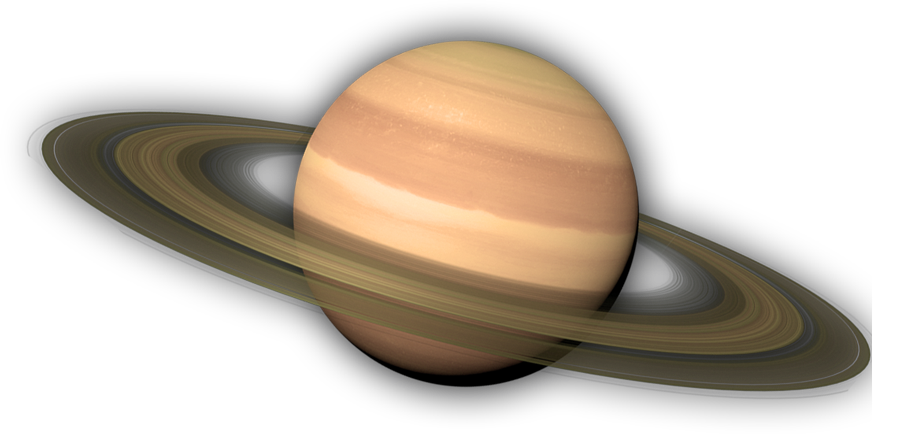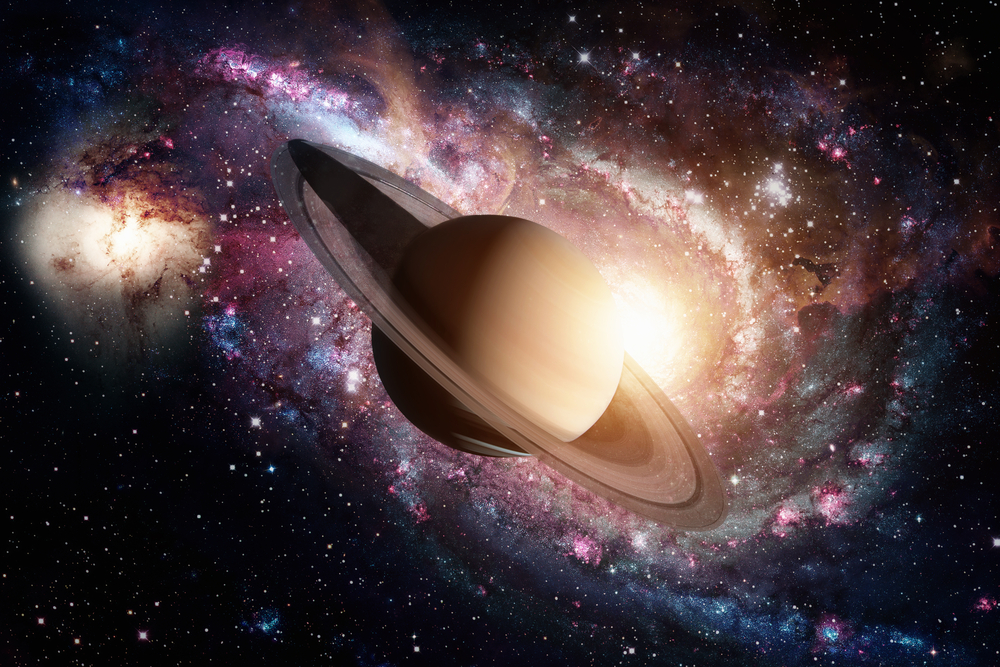Saturn
Saturn, the sixth planet from the Sun in our solar system, is a mesmerizing celestial object that has captivated the imagination of scientists and stargazers alike. Known for its striking and iconic ring system, Saturn stands out as a unique and enigmatic world.


Introduction to Saturn
Saturn, the sixth planet from the Sun in our solar system, is a captivating celestial object that has fascinated astronomers, scientists, and stargazers throughout history. Named after the Roman god of agriculture and wealth, Saturn holds a prominent position among the planets. Known for its distinctive and mesmerizing ring system, Saturn stands out as a celestial wonder. It is a gas giant, predominantly composed of hydrogen and helium, with a relatively small solid core. With a diameter of about nine times that of Earth, Saturn is the second-largest planet in our solar system. Its unique physical characteristics, along with its cultural and mythological associations, have contributed to its allure and ongoing scientific exploration. As we delve deeper into the mysteries of Saturn, we continue to unlock valuable insights about planetary formation, atmospheric dynamics, and the wonders of our vast universe.

Saturn's Magnetic Field
Saturn possesses a fascinating magnetic field that adds to its enigmatic nature. Generated by electric currents within its metallic hydrogen layer, this magnetic field is unlike any other in our solar system. It extends far beyond the planet itself, forming an enormous magnetosphere that interacts with the solar wind. The magnetic field of Saturn is roughly 578 times stronger than Earth's, making it one of the most powerful among the planets. This magnetic shield plays a crucial role in shaping the environment around Saturn and its moons, deflecting harmful solar particles and creating unique phenomena.

The Future of Saturn Exploration
The future of Saturn exploration holds great promise for unraveling the mysteries of this captivating planet and its surrounding environment. With advancing technologies and scientific innovations, researchers are eager to delve deeper into the secrets of Saturn. One of the most anticipated missions is the planned return to Saturn's system, building upon the success of the Cassini-Huygens mission. This future mission aims to study Saturn's moons in greater detail, particularly focusing on the potential habitability of Enceladus and Titan. Enceladus, with its subsurface ocean and geysers of water vapor, presents an intriguing possibility for extraterrestrial life